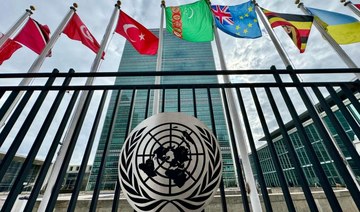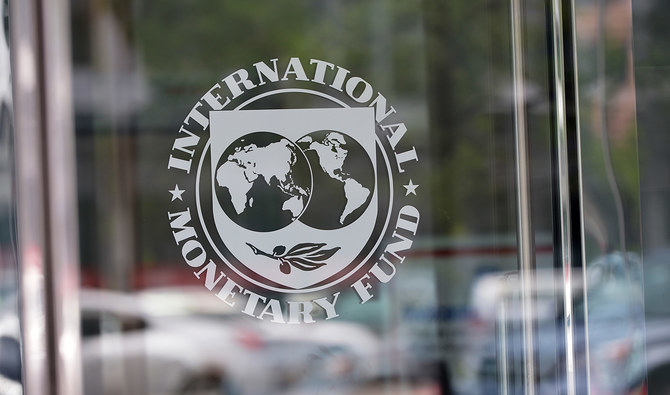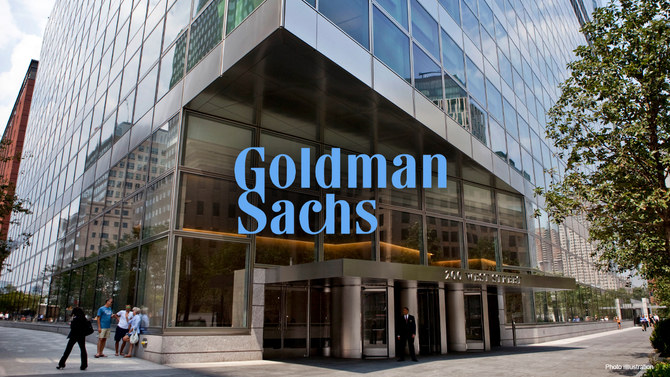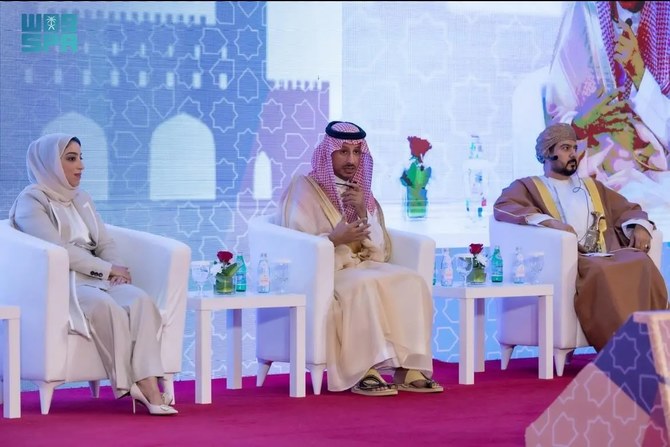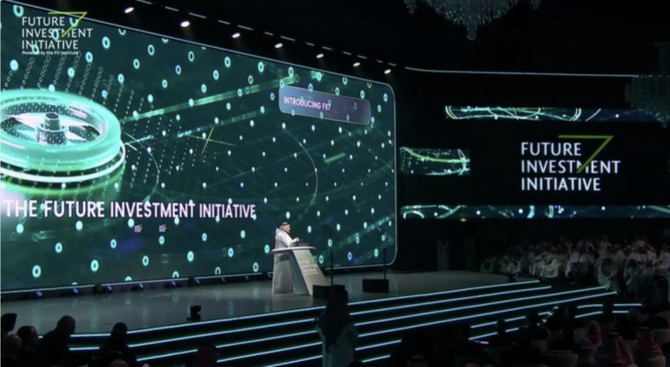RIYADH: More than 70 percent of retail investors in the UAE have stocks of companies developing artificial intelligence, according to a survey by trading platform eToro.
The 71 percent mark underscores a widespread understanding of AI’s potential as a catalyst for innovation and a source of competitive edge.
UAE retail investors’ interest in AI goes beyond holding stocks. When asked about their use or plans to use AI tools like ChatGPT to guide investment decisions, 39 percent reported that they already employ these technologies.
Global Markets Strategist at eToro, Ben Laidler, said: “Microsoft’s recent $1.5 billion investment in Abu Dhabi’s G42 is a big endorsement of the UAE’s potential as a global AI hub, which is reflected in the survey results showing widespread AI adoption by local investors and consumers.”
Millennials lead the charge when it comes to generational users, with 40 percent of those aged 25-44 using AI tools.
Baby Boomers and Gen X investors follow closely, with 39 percent and 38 percent, respectively.
Underlining the critical role that artificial intelligence might play in future investment strategies, an additional 52 percent of respondents, beyond those already using AI tools, said they are willing to adopt the technology to guide or adjust their portfolios in the future.
This trend defies generational stereotypes, with the older cohorts of investors directing the charge.
Baby Boomers lead in interest in integrating AI into investment planning, with 60 percent showing enthusiasm, followed by Gen X at 58 percent.
Laidler said: “AI stocks were the performance juggernauts of 2023, leading the tech sector revival and propelling the S&P 500 into bull market territory. AI trends helped make NVIDIA and Meta the best S&P 500 stock performers of last year, with their share prices tripling.”
He added: “Whilst we’re unlikely to see a repeat performance in 2024, the benefits of AI’s rapid adoption are broadening across the stock market and economy as it rapidly moves from hype to reality.”
Furthermore, eToro analyzed which companies experienced the highest proportional increase in UAE-based investors on its platform from quarter to quarter, revealing that AI stocks were the most popular theme during the first three months of the year.




